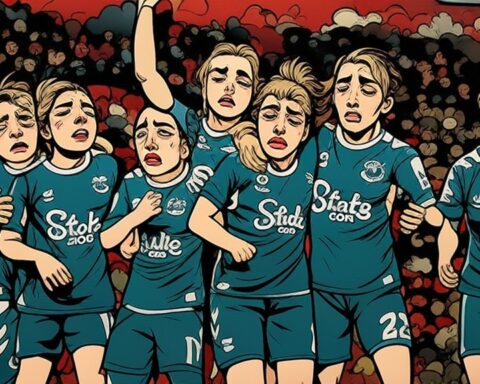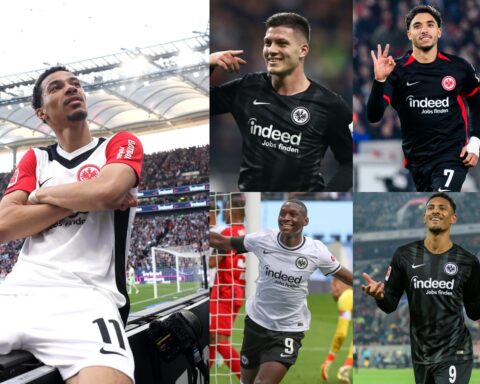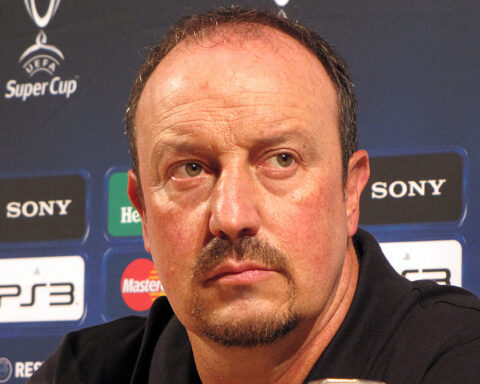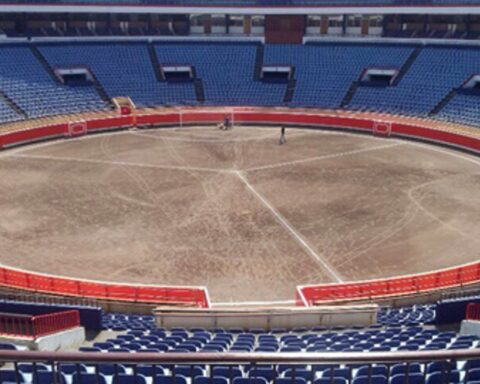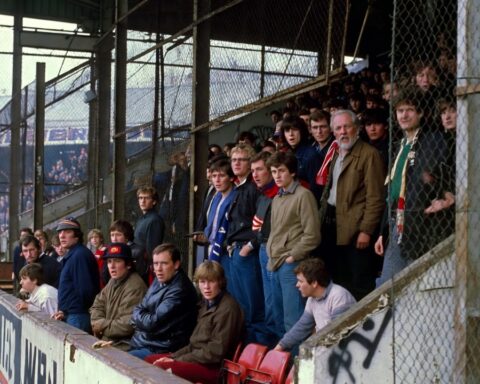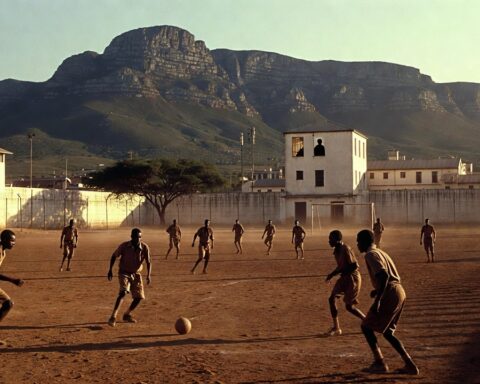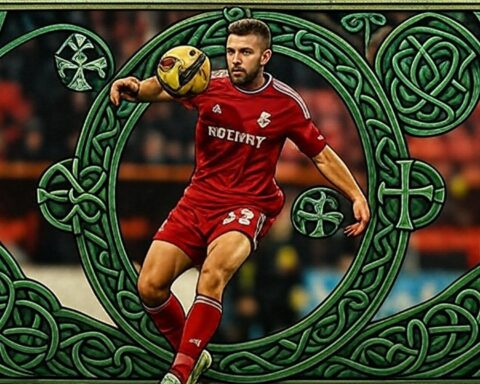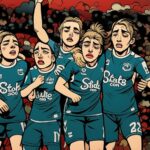There is a peculiar madness festering on Tyneside—a self-inflicted psychosis fuelled by improbable highs and debilitating lows, and it’s all coming to a head in this summer’s transfer window.
Newcastle United, the pride of the Geordie nation, a club once adored for its chaos and underdog charm, is now stumbling around like a nouveau riche debutante in a Versace store, high on oil money fumes and gasping for credibility in a market that still snubs their handshake.
The Toon Army believed they had arrived. Not arriving—arrived. Champions League? Check. A domestic cup? Finally.
The renaissance had begun, they told themselves. The black-and-white juggernaut, powered by petrodollars, was supposed to rattle the Premier League’s foundations and challenge the “red cartel”.
But now, they sit humbled, scorched by the unforgiving sun of reality. The summer of 2025 has revealed a galling truth: money can’t always buy class, and it sure as hell doesn’t buy respect.
Let’s be clear—Newcastle have had a bad window. Not “meh” bad. Not “could’ve done more” bad. But properly catastrophic in the ways that matter to elite ambition.
Rejections have rained down like beer bottles at an away end gone sour. Bryan Mbeumo, Liam Delap, João Pedro, Hugo Ekitike, Matheus Cunha, Dean Huijsen—names flirted with, maybe even fondled, before slipping away to shinier destinations.
The tragedy? This isn’t shocking. This is the natural consequence of a club confusing financial potential with footballing pedigree.
Newcastle fans, giddy about the depth of their Saudi overlords’ bottomless vault, genuinely believed the club had become a destination. In truth, it’s a layover. A halfway house for players with better options just around the corner.
Newcastle have the richest owners in the world, the Public Investment Fund of Saudi Arabia—a regime with more geopolitical baggage than a UN tribunal and a penchant for scrubbing its image with the blood of ambition.
But the cruel irony is that the Premier League’s Profit and Sustainability Rules (PSR), hastily revised to prevent a repeat of the Abu Dhabi/Chelsea nuclear cash bombardments, have shackled Newcastle’s ability to weaponize that wealth.
And yet, the supporters—and some in the club’s own corridors—still parade a delusional confidence. They’re convinced they are Manchester City 2.0, unaware that City built their empire before the drawbridge was pulled up.
Newcastle, by contrast, are the late invaders on the wrong side of the moat, throwing stones at the portcullis while the real power brokers look down and scoff.
There is something almost poetic in the way this club reached its apex too early. Last season, they played with the hunger of hyenas, scrapping their way into the Champions League and claiming their first domestic silverware in seven decades. But overachievement is a cruel mistress.
It raises expectations faster than it builds infrastructure. The squad was shallow, the strategy murky, and now, with the market gaping open, Newcastle are falling headfirst into the void between ambition and execution.
Sporting director Paul Mitchell’s appointment a year ago was supposed to mark a new dawn of competence. Instead, his exit—unceremonious and shrouded in whispers—left the club rudderless at precisely the moment decisive leadership was needed.
Now, with Darren Eales working his notice and no sporting director in sight, Newcastle’s recruitment resembles a drunken brawl in a boardroom lit by burning banknotes.
And amid this chaos stands Alexander Isak—elegant, lethal, disrespected. Promised a new contract, only to have the offer nixed by a now-departed Mitchell, leading to agent unrest and unwanted suitor attention.
The club insists he’s untouchable, and maybe they’re right. But you sense the siege mentality taking hold. When a player is unsettled and his club is spiralling, it doesn’t take much for whispers to turn into offers.
The paradox? Newcastle won’t sell. Not now. Not yet. They still think they can bluff their way into the elite room, and selling Isak would be an admission of status—the kind they cannot afford to make.
But the irony is suffocating: a club desperate to act like an elite side is stuck shopping in mid-tier aisles, chasing players they can’t afford, losing out to clubs they thought they’d surpassed.
Newcastle’s fanbase remains among the most passionate in the sport, but also among the most tragically unmoored from reality with their imaginary rivalries and crooked self awareness.
Years of being sold false hope by a conveyor belt of charlatans have warped their perception of normal. The Saudi takeover was meant to be a cleansing fire. Instead, it has mutated that hope into entitlement.
They no longer dream of success—they expect it. The humility of the Steve Harper years is gone. What’s left is a Frankenstein’s monster of legacy pride and financial swagger with little on-field payoff to justify either.
In truth, Newcastle are still a project in the scaffolding stage. The stadium, beloved as it is, creaks like a grandfather clock. The training facilities have only recently emerged from the Stone Age. Commercial revenue, TV deals, global brand awareness—all a few furlongs behind the real titans.
And yet, they dared to reach for the stars this summer. And they got burned.
This isn’t to say the Saudis won’t eventually brute-force success. They might. They probably will. But this summer has been a sobering reminder that they’re not there yet.
That even the world’s biggest war chest is no match for legacy, prestige, and cold, hard footballing clout.



